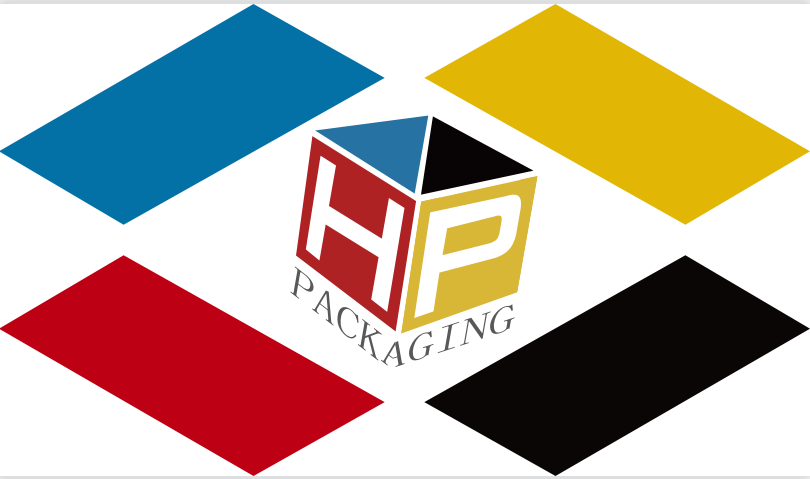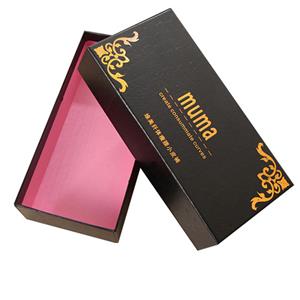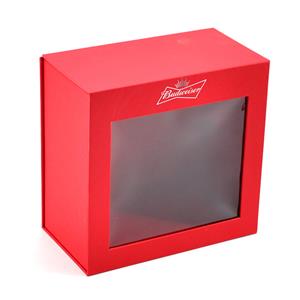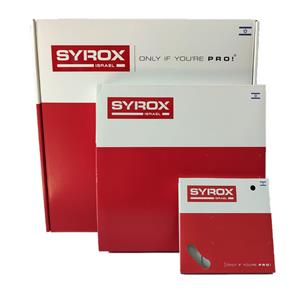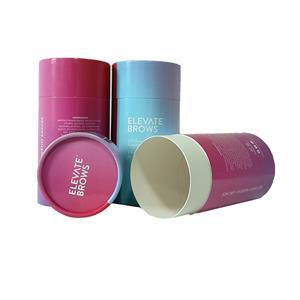Advantages and disadvantages of lamination printing process
Lamination, also known as "film", "plastic" or "post press over plastic". Is coated with adhesive plastic film and paper-based printing after heating, pressure, cooling and other processes. A transparent plastic film with thickness of 0.012-0.020mm (1.2-2 wires) is covered on the surface of the printed product to form the post press processing technology of paper plastic combination.
After laminating, the surface of the printed matter has a thin and transparent film, which makes the appearance of the product more bright, bright and glossy.
 Handle drawer gift box
Handle drawer gift box
It can improve the strength and stiffness of the printed matter, protect the picture at the same time, not easy to be scratched, more wear-resistant and corrosion-resistant, as well as play a role in waterproof and antifouling.
After laminating, the tensile and moisture resistance of the printed matter are also significantly enhanced, which not only protects the appearance effect of the printed matter, but also improves the service life.
After laminating, the color density and brightness are increased, which can make up for the printing defects such as the printing color is not saturated enough or the spot color is not accurately mixed to some extent.
 Kraft paper gift box
Kraft paper gift box
Lamination is widely used , such as posters, maps, various cards, handbags, billboards, books and the cover of fine picture books, chemical products, fashion consumer goods and automobile picture books, fine calendars, photos, etc. Plastic film is used in the laminating process. Due to the use of chemical solution such as benzene solvent, it does not conform to the concept of pollution-free health and environmental protection printing. Printing paper is difficult to be recycled after laminating process, and becomes a kind of pollutant similar to white plastic. Therefore, from the perspective of environmental protection, laminating process belongs to non environmental protection printing technology.
Designers and printing providers must take such environmental factors into account when choosing which process technology to use for surface finishing of printed matter, especially when designing and manufacturing printed matter for foreign manufacturers, because some countries have already listed the packaging printed matter produced by such lamination as non recyclable and non decomposable pollutants and banned its import and use. In the international famous brand packaging containers and product publicity prints, we also see less and less laminating technology, instead of varnishing technology
